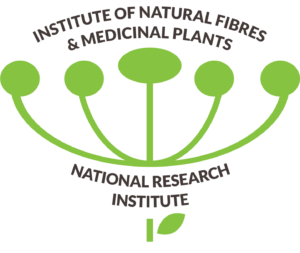Develop nano-enabled bio-based recyclable car part prototypes (i.e. dashboard fascia) fabricated by 3D printing with antimicrobial and aesthetic properties and improved thermal and mechanical performance.
Microfibres form the material basis for the development of bio-based dashboards for the car interior. In this test case, the main aim is to develop biomaterials that meet the high mechanical and thermal requirements. The process includes the fabrication of biobased filaments with aligned fibres. The biomaterial is then used in the 3D printing process to produce the appropriate interior car part.



Facts & Figures
- Design prototypes
- Selection of biopolymers (PA10.10)
- Treatement and production of flax and hemp microfibres
- Compounding PA10.10 with untreated flax fibers
- 3D-printing and characterizations of the final pieces
- The material developed for the project meets the specifications and technical requirements of the automotive sector




